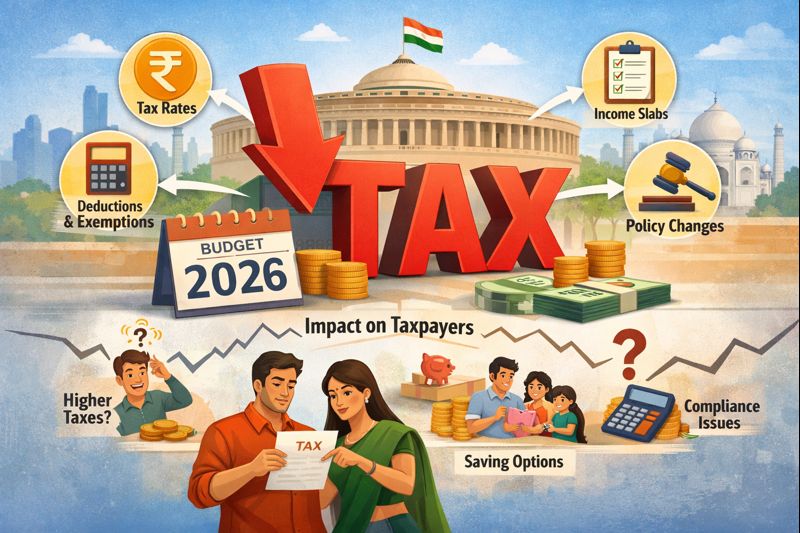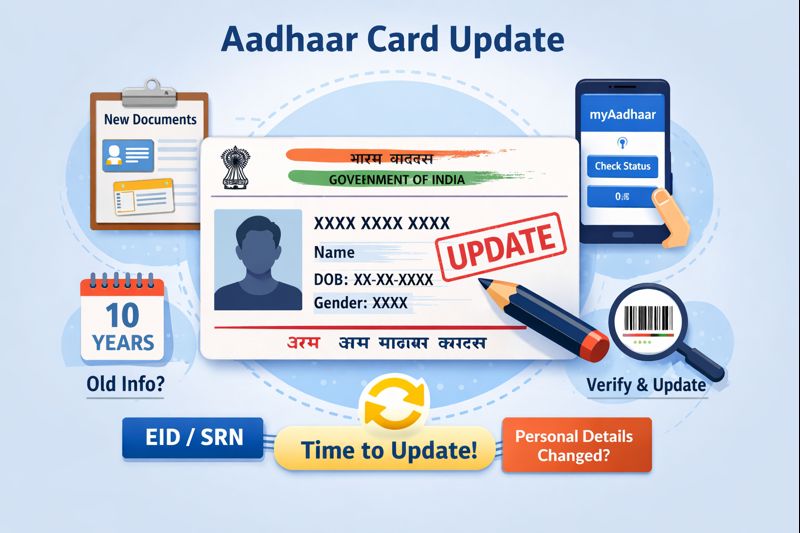As the Union Budget 2025 nears, many are asking if the old tax regime will be discontinued. This change could have a big impact on taxpayers who rely on its deductions and exemptions. Finance Minister Nirmala Sitharaman is set to present the Budget, and India’s tax system might see some major changes. While the government wants to simplify the tax system, the future of the old regime is still uncertain. In this blog, we’ll look at the expectations, possible impacts, and outcomes of this important question.
Understanding the Tax Regime
Old Tax regime – The old tax regime enables taxpayers to reduce their taxable income by claiming various deductions and exemptions, such as House Rent Allowance (HRA), Section 80C investments, and medical insurance premiums. These benefits are designed to provide financial relief and encourage savings, investments, and essential expenditures like health coverage.
New Tax Regime – The new tax regime was Introduced in 2020, this tax structure offers reduced tax rates in exchange for removing most deductions and exemptions. While it simplifies the tax process and lowers the overall tax burden, taxpayers lose out on benefits like HRA, 80C, and other tax-saving options available under the old regime.
Although the new tax regime seeks to streamline the process and promote compliance, many taxpayers continue to favor the old regime for its advantages in savings and investments.
Is India Ready for a New Tax Regime?
In the aftermath of Budget 2024, Finance Minister Nirmala Sitharaman emphasized the government’s goal of simplifying the income tax structure, though she stopped short of confirming whether the old tax regime would be phased out, stating that the decision would come after a review. Introduced in 2020, the new tax regime offers lower tax rates but removes many exemptions, simplifying the process. Over 72% of individual taxpayers have already shifted to the new regime for the Assessment Year 2024-25, but the debate over whether to fully eliminate the old system remains unresolved. The new regime is praised for reducing compliance burdens, as it eliminates the need for taxpayers to track and file deductions.
However, critics argue that it disadvantages those who rely on exemptions like House Rent Allowance (HRA) or investments under Section 80C. While experts such as Rahul Charkha suggest that the government may soon discontinue the old regime, tax professionals like Amit Gupta point out that the new system only benefits a small group of taxpayers, with many still better off under the old regime’s exemptions.
Benefits of the New Tax Regime
1. Lower Tax Rates: The updated tax regime offers lower tax rates across different income brackets, resulting in potential savings for taxpayers.
2. Ease of Compliance: The system simplifies the filing process by removing the need to maintain records or claim multiple exemptions and deductions, saving time and effort.
3. Less Documentation: With deductions like HRA, 80C, and medical insurance no longer applicable, taxpayers no longer need to collect and submit extensive paperwork.
4 No Investment Requirements: Fewer exemptions mean taxpayers are not required to make specific investments to lower tax liability, giving them more flexibility in financial management.
5. Enhanced Taxpayer Experience: The new system is designed for simpler tax filing, especially benefiting those who struggle with tracking deductions in the old regime.
6. Greater Transparency: With fewer exemptions, the system becomes more transparent, reducing errors and discrepancies in tax returns.
What Middle-Class Taxpayers Need to Know
The middle class is a key contributor to India’s tax base, and any changes to tax policies can significantly impact their financial planning. Many salaried individuals depend on deductions like HRA, education loans, and home loan interest to reduce their taxable income.
Gaurav Makhijani, a Chartered Accountant, pointed out the potential effects: “For taxpayers who rely on exemptions and deductions such as HRA and Section 80C investments, the shift to the new tax regime could lead to a higher taxable income and, consequently, a greater tax liability. This may also require them to reassess their investment strategies to maximize tax savings under the new system.”
What to Expect in Budget 2025
- Incentivizing the New Tax Regime: While a complete phase-out of the old tax regime seems unlikely, the government is expected to take steps to encourage the adoption of the new system. This could include adjusting tax slabs, introducing selective deductions, or enhancing pre-filled tax forms to simplify the filing process.
- Focus on Compliance and Transparency: The government aims to boost tax compliance and improve tax collection in the long term through a simplified structure, with an emphasis on fairness and transparency.
- Lessons from Global Reforms: India may take inspiration from countries like Italy, which gradually simplified its tax system by reducing tax brackets. This phased approach has helped Italy increase tax compliance while lowering the tax burden.
- A Phased Transition: Experts, like Charkha, suggest that a phased transition, similar to Italy’s gradual reduction of tax brackets, could help taxpayers adapt to changes without disrupting compliance.
- Government’s Commitment to Simplicity and Fairness: As Budget 2025 approaches, there is growing anticipation for reforms that will strike a balance between simplifying the tax system and ensuring fairness. Experts, like Makhijani, stress that while simplification is essential, it should not compromise fairness.
- Streamlined System on the Horizon: Taxpayers are hopeful that the budget will bring reforms that streamline the tax system, making it easier to navigate while still allowing for savings. Whether the old regime will be completely phased out remains to be seen, but the push for a unified tax structure is clear.
Final Thoughts
While Budget 2025 may signal a major shift in India’s tax system, the decision to phase out the old tax regime requires careful evaluation of its impact on both taxpayers and the economy. If the government moves forward with this change, it will need to ensure a seamless transition and provide sufficient support for taxpayers. As we await the budget announcement, taxpayers should stay updated and prepare for possible changes in the tax system.
Sources: msn.com







